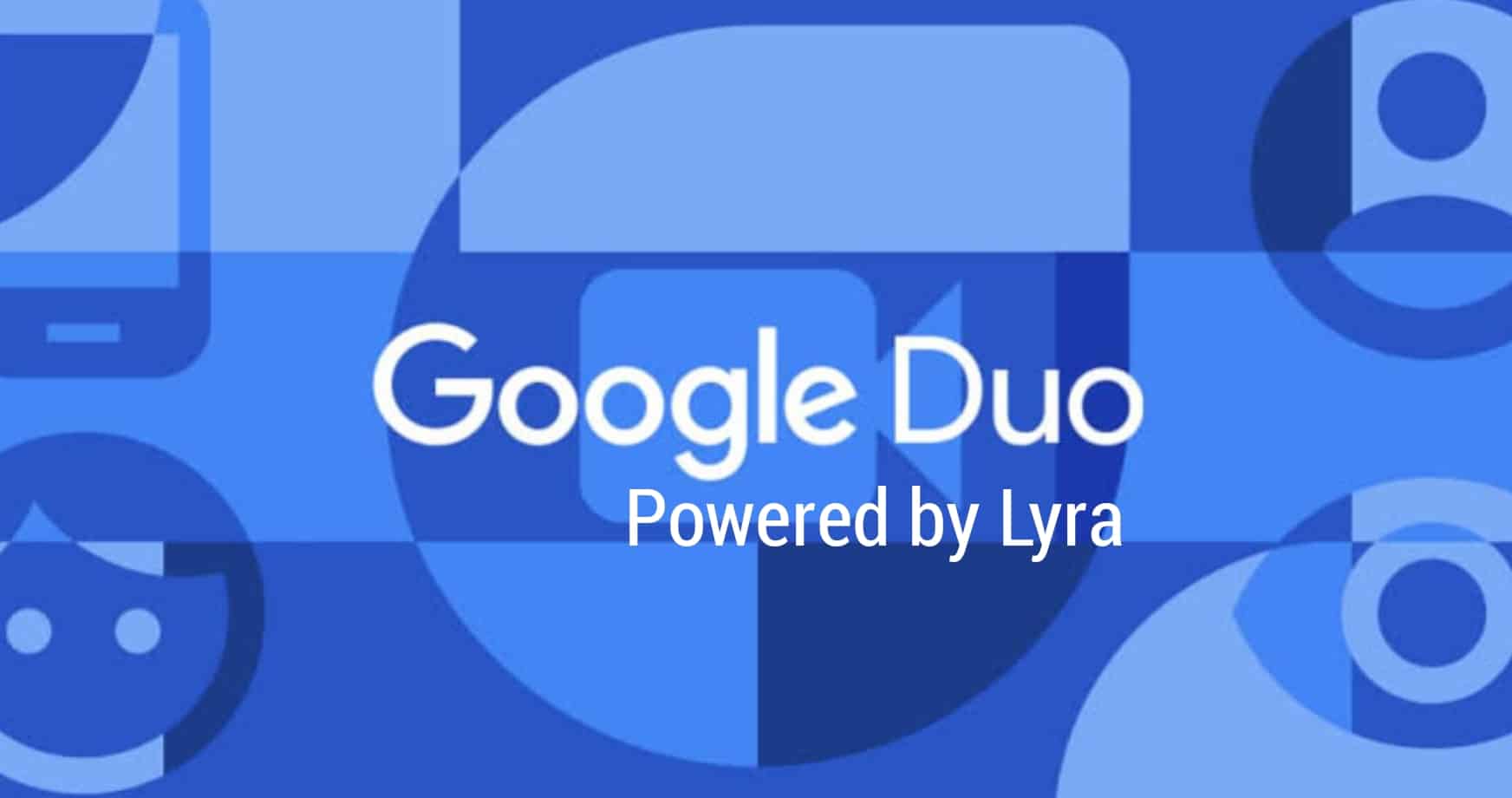The web search giant Google has unveiled a new technology called Lyra that allows Duo to offer natural-sounding voice chat on a very slow network connection. The new tech will improve voice calls on Google Duo, and soon other apps, for the network bandwidth of as little as 3 kilobytes per second.
To do this, Google has developed Lyra, a new audio codec that compresses a user’s voice in real-time, all while keeping it understandable and natural-sounding. Last year, Google Duo and Meet alone are reported to host over 1 trillion minutes of video. This has, however, put a major strain on the internet infrastructure around the world. Plus, most video calling services exclude slow and low-grade internet connections. So, the search engine giant has brought a new tech that will allow its voice calling app, Duo, to offer natural-sounding voice calls even on a 2G network.
Lyra Retains Speaker’s Voice While Using Very Less Data
According to Google, Lyra is specifically optimized to offer recognizable, understandable, and natural-sounding human speech in as small of a space as possible. The tech giant in its AI Blog explains that it was done using a machine learning model that was trained on thousands of hours of audio. The audio allegedly included speakers of over 70 languages to ensure the audio codec could be usable by as many people as possible. In addition to this, Lyra is touted to be efficient enough to be able to run on any server. Be it a high-end cloud server or a mid-range smartphone with only 90ms of latency, Lyra can run on all.
Google through its Android account tweeted a video revealing the new tech in action. In the video, you can clearly hear that Lyra offers audio that is distinctly recognizable ad the speaker’s voice. All this is done while managing to use incredibly little data. The new tech will soon get to work in the real world through Google Duo for Android. The audio codec will be used for voice calls made on low-speed internet connections, particularly the rural areas in India and Brazil with a 2G network connection.
Further, Google has plans to make Lyra an open-source code, which can be used by other companies to offer low-bandwidth calls on their own apps. The company may soon release it as an open-source audio codec.
